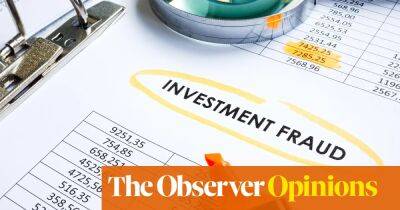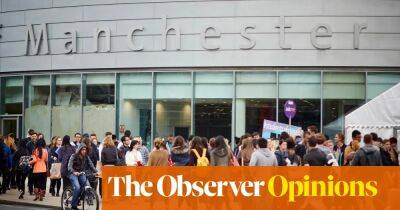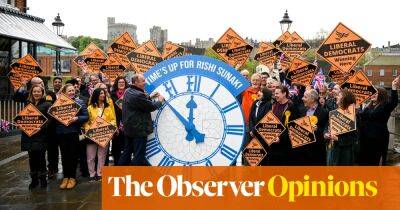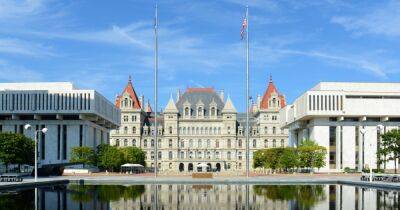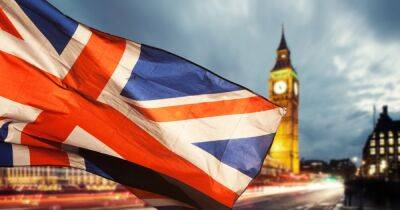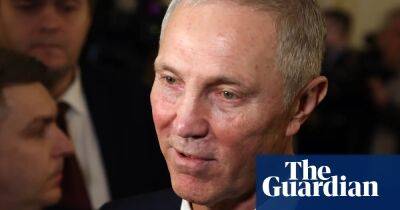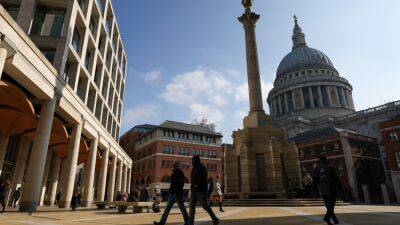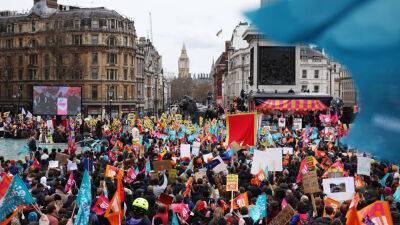This isn’t wage-price inflation, it’s greedflation – and big companies are to blame
Inflation is proving hard to shift, and that spells big trouble for a government fast running out of excuses for why the cost of the weekly grocery shop is rising at its fastest rate since 1977.
Global energy prices have collapsed, and the price of food on international commodity markets is coming down too, so it’s hard any longer to blame Vladimir Putin for inflation being so sticky. Nor is it immediately obvious why junior doctors should be the fall guys.
Despite attempts by ministers to finger workers for the persistence of the cost of living crisis, there is no real evidence that this is the case. Both the International Monetary Fund and the European Central Bank have looked at whether higher wages are driving up prices, and neither of those august bodies thinks that is happening.
What they have found is that companies have been able to use the crisis to drive up prices and boost profit margins. The IMF and the ECB wouldn’t put it in these terms, of course, but both support the idea that companies are gouging their customers when they can. The non-technical term for what is going on is greedflation.
The latest cost of living figures for the UKhighlight the need to find out what is causing inflation to be so obdurate. Sure, there was a fall last month, but financial markets did not expect the annual rate to remain above 10%, and nor did the Bank of England. The government is having to cope with a combination of weak growth, high inflation and strikes over pay. With a general election getting ever closer, that’s a potentially toxic mix.
Ministers have a narrative, and they are sticking to it. When he was in Washington for last week’s IMF meeting, the chancellor, Jeremy Hunt, had a tough-love message for striking junior
Read more on theguardian.com








